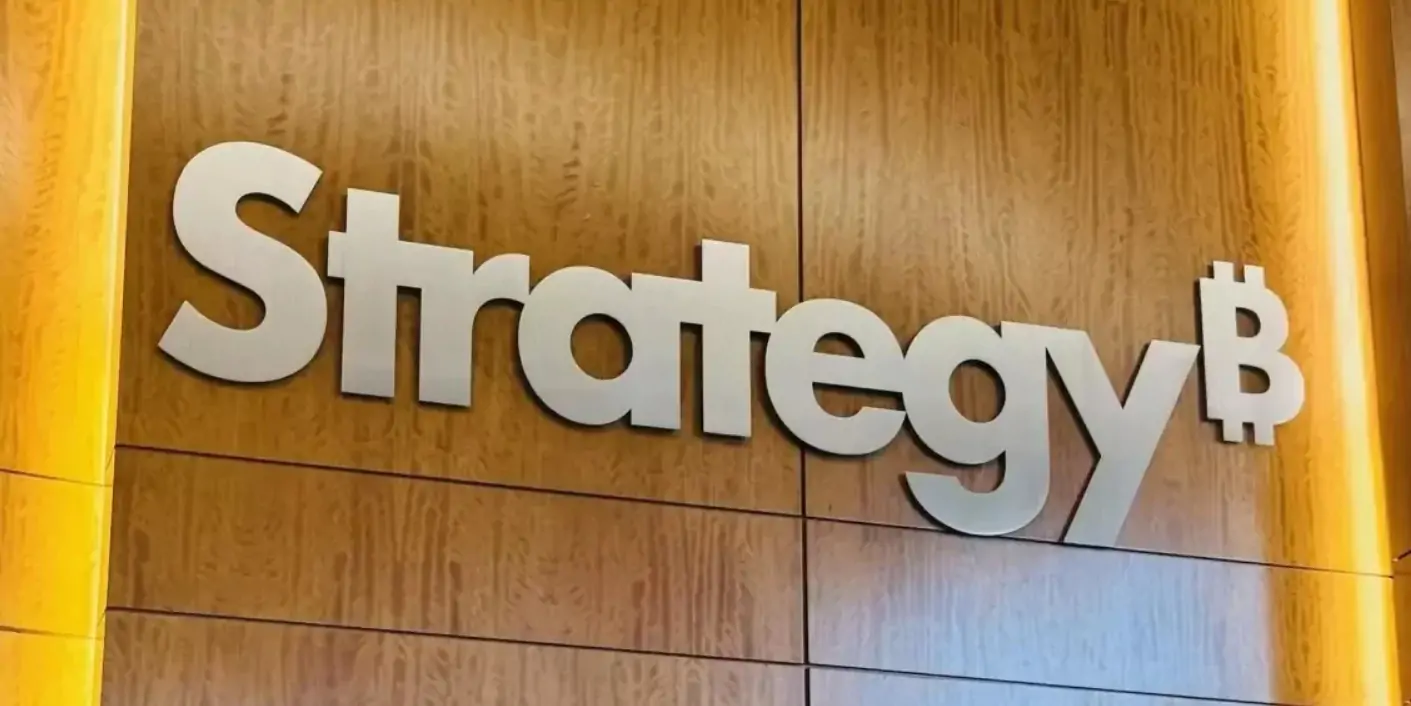Strategy Halts Bitcoin Purchases, Reminds Shareholders of No Direct BTC Ownership
08.04.2025 18:00 2 min. read Alexander Stefanov
Strategy, the business entity formerly known as MicroStrategy, recently revealed through legal filings that it has temporarily halted its Bitcoin acquisitions.
The move comes as the company also reminded its common shareholders that owning MSTR stock does not equate to holding a stake in the company’s Bitcoin reserves.
As of March 30, Strategy’s Bitcoin holdings remained at 528,185 BTC, purchased at an average price of $67,458. There has been no change in this amount since then. The company’s latest regulatory submission indicates that its At The Market (ATM) program, which typically facilitates share sales, was completely inactive last week. During this period, no shares of Class A common stock or Series A Perpetual Strike Preferred Stock were sold.
This pause in Bitcoin purchases is not unprecedented for Strategy. Previously, the company also took a break from acquiring BTC between September 20 and November 11. Additionally, Strategy has consistently clarified that its Bitcoin holdings do not legally belong to MSTR shareholders. The BTC is held by a custodian on the company’s behalf, with multiple creditors having claims on these assets, making direct ownership by shareholders legally impossible.
Moreover, Strategy made it clear that MSTR shares do not function like an exchange-traded fund (ETF), as they do not grant redemption rights to the underlying assets. Instead, owning MSTR stock reflects a stake in the company’s equity, which includes not just Bitcoin but also its associated debts and various other business assets.
Despite the current pause, Strategy has been actively accumulating Bitcoin over the past year, at times buying the cryptocurrency as frequently as once a week. The company’s most recent purchase, announced on March 31, added 22,048 BTC to its holdings, marking a significant acquisition despite the recent pause.
-
1
Here’s Why Bitcoin Could Be Gearing Up for Its Next Move Despite the Pullback
09.06.2025 8:00 2 min. read -
2
Japan’s Metaplanet Aims for 1% of All Bitcoin with Bold Market Move
06.06.2025 19:00 1 min. read -
3
BlackRock and Fidelity Pour Over $500M Into Bitcoin in One Day
25.06.2025 21:00 1 min. read -
4
Blockchain Group Bets Big on Bitcoin With Bold €300M Equity Deal
09.06.2025 22:00 2 min. read -
5
BlackRock’s Bitcoin ETF Breaks Into Top 15 Most Traded ETFs of 2025
12.06.2025 18:00 2 min. read
U.S. Bank Advises Clients to Drop These Cryptocurrencies
Anchorage Digital, a federally chartered crypto custody bank, is urging its institutional clients to move away from major stablecoins like USDC, Agora USD (AUSD), and Usual USD (USD0), recommending instead a shift to the Global Dollar (USDG) — a stablecoin issued by Paxos and backed by a consortium that includes Anchorage itself.
Vitalik Buterin Warns Digital ID Projects Could End Pseudonymity
Ethereum co-founder Vitalik Buterin has voiced concerns over the rise of zero-knowledge (ZK) digital identity projects, specifically warning that systems like World — formerly Worldcoin and backed by OpenAI’s Sam Altman — could undermine pseudonymity in the digital world.
What Are the Key Trends in European Consumer Payments for 2024?
A new report by the European Central Bank (ECB) reveals that digital payment methods continue to gain ground across the euro area, though cash remains a vital part of the consumer payment landscape — particularly for small-value transactions and person-to-person (P2P) payments.
History Shows War Panic Selling Hurts Crypto Traders
Geopolitical conflict rattles markets, but history shows panic selling crypto in response is usually the wrong move.
-
1
Here’s Why Bitcoin Could Be Gearing Up for Its Next Move Despite the Pullback
09.06.2025 8:00 2 min. read -
2
Japan’s Metaplanet Aims for 1% of All Bitcoin with Bold Market Move
06.06.2025 19:00 1 min. read -
3
BlackRock and Fidelity Pour Over $500M Into Bitcoin in One Day
25.06.2025 21:00 1 min. read -
4
Blockchain Group Bets Big on Bitcoin With Bold €300M Equity Deal
09.06.2025 22:00 2 min. read -
5
BlackRock’s Bitcoin ETF Breaks Into Top 15 Most Traded ETFs of 2025
12.06.2025 18:00 2 min. read


